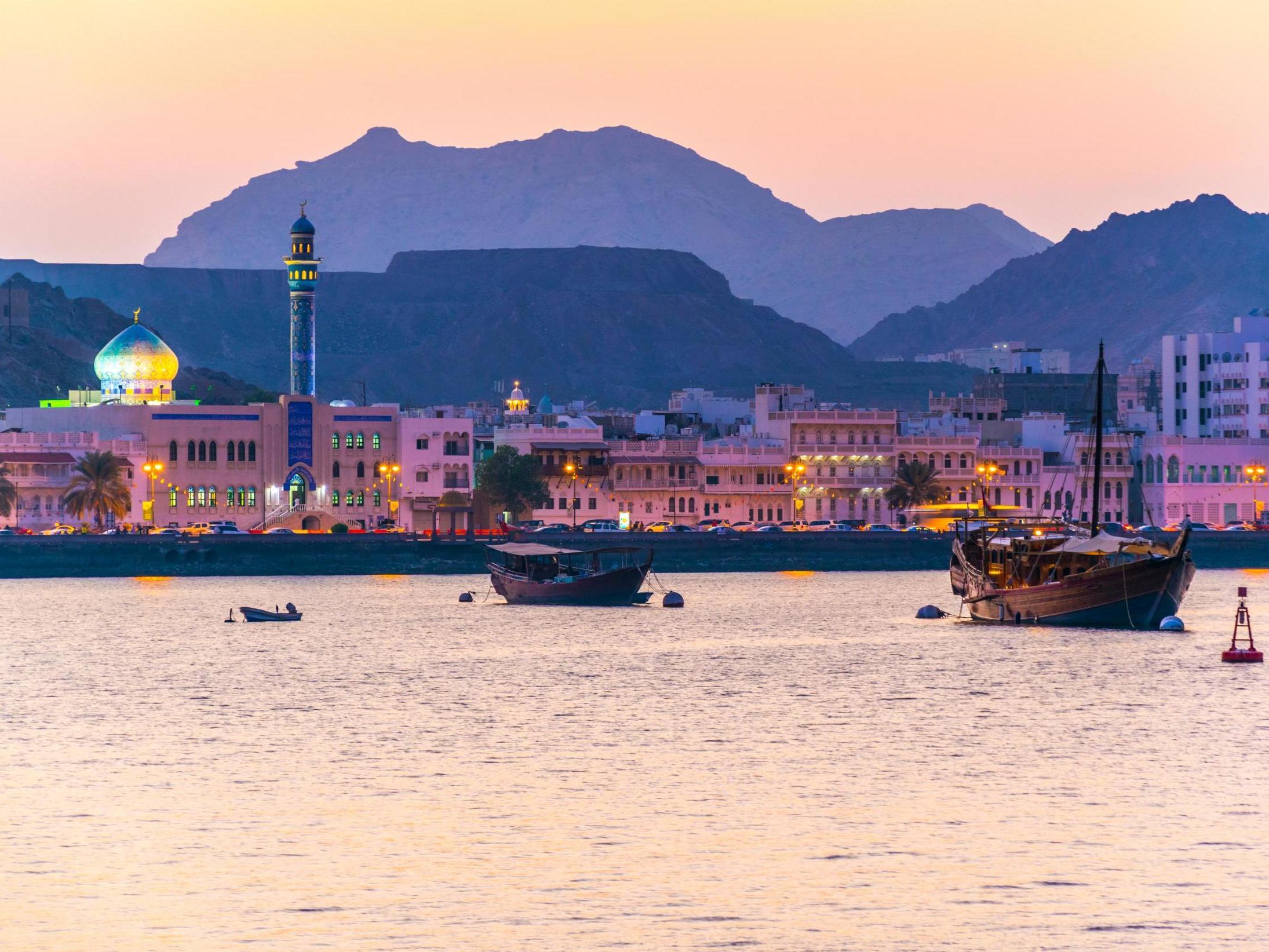Thomas Cook collapse: Can I cancel my package deal?
Simon Calder answers your questions on reworked holidays, safety issues in Oman and battles for compensation


Q My husband and I are both more than 6ft tall. If seated too long on a cramped plane, we suffer badly with joint pain. For a cruise starting in Barbados in November we had booked flights on Thomas Cook with extra legroom. The cruise firm has found alternative flights, and refunded the charge for legroom, but says it cannot provide more space.
If we can’t be sure of extra space, we want to cancel for a full refund but I cannot speak to anyone who can help with this. I have spent hours on the phone going round in circles. What do you advise?
Name withheld
A After the collapse of Thomas Cook last month, tens of thousands of passengers have been rebooked on less-than-ideal flights – and some of them, like you, have lost the extra space you were looking forward to. Travel firms and airlines are always loath to make specific promises about seating in case there is an aircraft change, as happened to your flight, in rather dramatic fashion.
Unfortunately, unless you made extra-legroom seating an explicit part of your contract (for example with an exchange of emails in which the travel firm agreed you could cancel for a full refund if more space could not be provided) then there is little prospect of getting your money back.
Once again, I will seek to remind anyone tempted by an off-season cruise, of which yours is a prime example, that the best way to avoid disappointment is to book late. By holding off until a week or two before departure, you eliminate much of the risk of changes between your booking date and the start of the voyage. Usually this mostly insulates you against unfavourable itinerary changes (eg removing key stops from your trip). But it would also have protected you against losing your extra legroom – or at least allowed you to choose not to book the trip because of the flight issue.
As things stand, I suggest that you turn up at the airport early and ask at check-in, and if need be the gate and on board, if anything can be done. It may be that some emergency-exit rows have not been assigned, or need to be reassigned; or you could try to negotiate an on-the-day upgrade to business class or premium economy, if either is available. If none of that works, then just keep active on the plane, walking around the cabin to stretch your legs whenever possible.

Q I am visiting Oman for 10 days in January with my wife. She is petrified of visiting Oman after reading some articles on the internet, and does not want to travel now. What are your views of her concerns?
Name withheld
A I can think of many good reasons to visit Oman, starting with the friendly and welcoming people. And compared with the more familiar Gulf destinations of Dubai, Abu Dhabi and Qatar, the sultanate has far more appeal in terms of landscapes, heritage and intrigue.
Whether you stay in the capital Muscat, which has a breathtaking location on the Arabian Sea, or venture north along the coast (and across a couple of borders) to the exclave of Musandam, or explore the deserts, mountains and fortresses of the interior, you are almost certain to have a fascinating and enriching holiday with blue skies and warm seas.
Conversely, I cannot think of any good reasons not to visit Oman in January. I recommend the sultanate any time between October and March, when the weather is excellent; for the rest of the year, it can be way too hot, and coastal areas can been hit by tropical cyclones. I am not sure what your wife has read on the internet, but the Foreign Office issues only a mild warning about the risk of terrorism, saying: “Terrorist attacks in Oman can’t be ruled out.”
The only issue that would worry me: road safety. In 2018, which was a relatively good year in Oman, 637 people died in road accidents (of whom 40 per cent were foreigners). This is a rate relative to population five times higher than in the UK. The Foreign Office says: “Driving can be dangerous outside Muscat; there is a risk of hitting wandering camels and goats on the road.”
If you plan to go into the desert and mountains, make sure you are properly equipped, and be aware that rainfall can cause sudden flooding in dry river beds and on the roads that cross them. I recommend you hire an expert guide.

Q In September 2018, we were on an all-inclusive package to Marrakech. The flight departed 22 hours late. We were told that no compensation was payable by the airline “due to operational disruption” When we came back, I asked you if we had grounds for a claim. You said we did. But only after a year, and with the help of a no-win, no-fee company, have we got compensation. Why does it take so long and how can they get away with not paying out more promptly?
Cheryl S
A Your case looked a perfectly straightforward case in which the airline would naturally pay compensation in line with the European air passengers’ rights rules. “Operational disruption” covers a multitude of sins, and is certainly not sufficient grounds for resisting a claim. For delays of three hours or more, airlines must pay €250 (£216) for short journeys, €400 for flights between 1,500km and 3,500km, such as yours, and €600 for longer trips (€300 for delays between three and four hours). Under the rules, this is also to cover the lost value of your holiday.
The regulations date from 15 years ago, and airlines generally deplore them. They were badly drafted, and subsequent judgments have increased their illogicality: it is not clear why, for example, a four-hour delay on a trip to Thailand is deemed more than twice as inconvenient as the same wait when heading to Spain for a short break.
The European Union is revising the rules to make them more rational, but the UK has said they will remain exactly the same for Britain after Brexit. So the battles between passengers and carriers continue. The reason some airlines do not more readily pay up is that there is little downside.
Airlines measure their success by how low a proportion of passengers on a “qualifying” delayed flight cancel. Some of them have concluded that they can misrepresent the cause or drag their feet in responding without fear of reprisals from the regulators. They know that the longer they can keep saying “no” to claims, the more passengers will give up.
I always urge passengers who believe they qualify to apply direct to the airline for compensation. Regrettably, some airlines sometimes reject claims spuriously. If you feel you have a reasonable case and are being fobbed off, you can take legal action through Money Claim Online (moneyclaim.gov.uk), though this requires putting money upfront (typically £25-£35 depending on the amount claimed) and a certain amount of work. That is why many passengers enlist the help of a no-win, no-fee claims handler. These are companies which “farm” claims on an industrial basis. In the event of a successful claim, they routinely take about one-third of the compensation due. But always try the airline direct first.
Email your question to s@hols.tv or tweet @simoncalder
Join our commenting forum
Join thought-provoking conversations, follow other Independent readers and see their replies
Comments